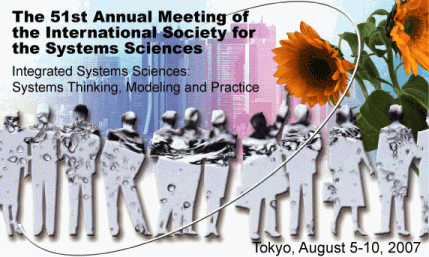Study on Longitudinal Knowledge Creation in Supply Chain
Keywords:
supply chain, knowledge creation, interdependence, cointegration, Granger causality, auto industry, patents dataAbstract
Knowledge, emphasized by people progressively, had been treated as the most important resource in firms while surrounding within turbulent business environment. In recent years, researchers have paid increasing attention to the effects of knowledge creation to a firm's competitive advantage. New knowledge, as pivotal intangible resource, has been playing more and more important roles in firms. In supply chain context, tasks are partitioned and interdependent between the upstream and the downstream members. Special knowledge is linked with the special task, and a certain task needs the certain specialized knowledge, but whether there is interdependence, like the relations between supply chain members’ tasks, in their knowledge creation activities? This paper focused on a longitudinal view and tested the cointegrative relation in knowledge creation activities between the upstream and the downstream members in supply chains. Moreover, we tested causalities of knowledge creation activities between auto makers and their suppliers, aimed not only at the causal relations, but also at insightful exploration for the forming of the long run cointegration. The main results reveal there is significant longitudinal cointegration between the upstream and the downstream supply chain members’ knowledge creation activities, which means there was certain equilibrium between them during long run developments. And, a distinct long-run causality from suppliers to auto makers has been discovered. These results revealed being and forming of the cointegration in supply chain members’ knowledge creation activitiesPublished
2007-07-31
How to Cite
Chen, J., & Lin, Y. (2007). Study on Longitudinal Knowledge Creation in Supply Chain. Proceedings of the 51st Annual Meeting of the ISSS - 2007, Tokyo, Japan, 51(2). Retrieved from https://journals.isss.org/index.php/proceedings51st/article/view/780
Issue
Section
Knowledge Management

